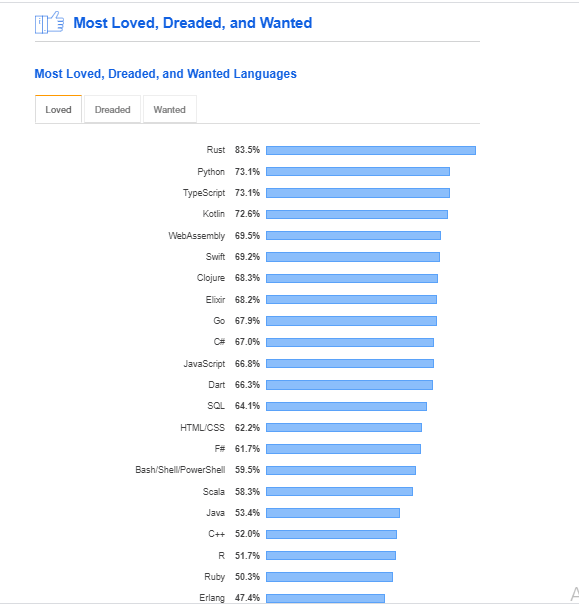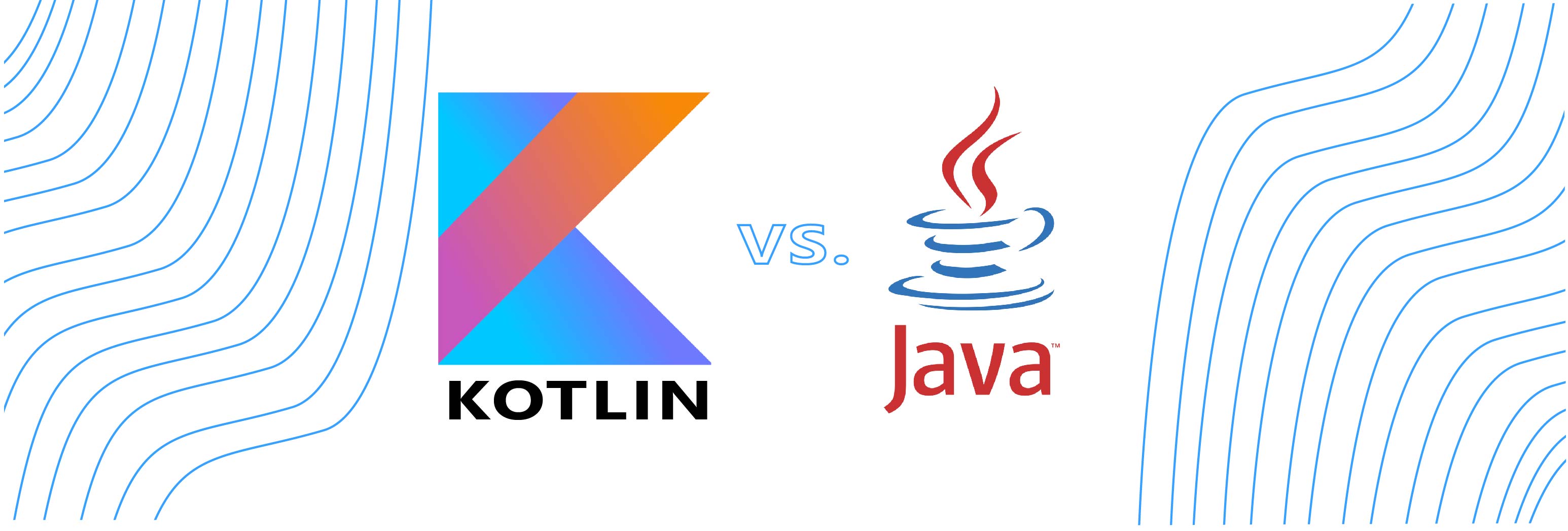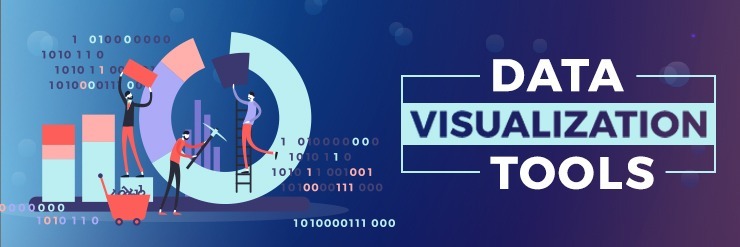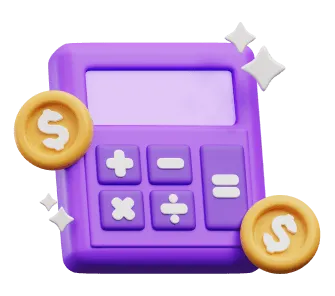Digitization and accessibility have become one of the most dominant assets in today’s lucrative global market. Intending to make this world smarter, more comfortable, and simpler, the smartphone revolution is expanding every day. This has led to an increased demand for smartphones with high-quality apps. We see that smartphones are less than half of their worth without some powerful apps. Making better apps is inevitable for sustaining this ever-growing smartphone industry.
How can we make better apps? This question has led us to write on this topic; Java vs. Kotlin. What should you choose for your app development project?
When it comes to choosing between Kotlin vs. Java, it is definitely not an easy decision. Both of these languages are official languages for Android app development.
For this very reason, we have come up with a quick study on the difference between Java and Kotlin to help you choose the best one for your project. We hope the following paragraphs will help you understand the major differences, making the procedure simpler for you.
Let’s first have a quick introduction to both of these programming languages.
Java
Java is an object-oriented and class-based programming language, first released in 1995. It is a popular and widely-used language among developers. It is essentially an object-oriented language that became massively popular for several good reasons. Here are these:
Java has a wide range of applications with open-source libraries. It is simpler as compared to other programming languages. Also, Java is platform-independent. This enables developers to compile and run code on two different operating systems.
Kotlin
Kotlin is relatively new as compared to Java. It was first released in 2011 and gained developers’ attention at a great pace. In 2017, it became the official language for Android app development. Jet Brains released it along with the Czech software development team.
Kotlin is a cross-platform language with open source code. The best part about Kotlin is it is completely interoperable with Java code. Because of its concise syntax and increased comprehensibility, developers rank it as the fourth most enjoyable language.
Kotlin vs. Java
Java has a 25 years old history of programming and development. This makes it a popular choice among developers, and a large number of Java-based apps exist in the Google Play Store. On the other hand, Kotlin has a modern set of features addressing Java’s flaws, being a successful choice in the app market.
Java is considered a favorite for many android app development companies for its significance over other programming languages. Platform independence, simplicity, cross-platform capabilities, and robustness are some of the features that make Java a number one choice for many developers.
On the other hand, Kotlin is a java-based language with improved prospects for app development.
Let’s get out of the disarray and look at the behavior of Java and Kotlin over the criteria crucial for an Application performance.
Code Comprehensibility
When it comes to code length, Kotlin is more concise than Java. It requires fewer lines of code than Java, improving its comprehensibility and readability. A “Switch case’ in Java is lengthier as compared to a switch case written in Kotlin.
Coding Time
Java is a class-based language. Writing code in Java requires you to classes create classes to hold data, getter & setter functions to update and recover values, and constructors for object initialization. All of this makes your code huge. Kotlin enables you to do the same tasks with comparatively fewer lines of code. Data class offers self-generated data including getter, setters, equals()/hash Code(), etc. helping you wrote a concise code in less time.
Popularity
The popularity of Java is evident among developers for a long time. However, in a few years, we can see developers shifting to Kotlin for obvious reasons. A similar-featured but without those complexities existed in Java, Kotlin seems to gain more popularity among the global developers’ community.
With improved functionalities, simplicity, and user-friendliness, Kotlin has caught a lot of attention, making it the fourth most loved language for programmers.

Implicit Widening
The process of converting the data type is referred to as Implicit Widening conversion. For instance, if an operand is Single in an addition operation, then the other operand will implicitly convert to the Single type. Unlike Java, the developer is required to convert the operand type in Kotlin. This helps improve precision in the process.
Final Verdict
You saw what makes developers inclined towards Java or Kotlin. Some of the significant factors that make a developer love a programming language include ease of use, comprehensibility, code brevity, execution time, and error handling. These factors contribute to helping build a better app.
If we compare Java and Kotlin on the basis of these factors, Kotlin has got an edge over Java. As you might already know, Java has been one of the most favorite programming languages for developers right after its launch. However, we cannot overlook some drawbacks leading to complexities in the development process.
Kotlin marked its entry in the mobile app development world as an improved version of Java. It excludes the complexities in Java and has some advanced features. Kotlin seems to be the future of Android app Development.
For Your Mobile app development
contact us







